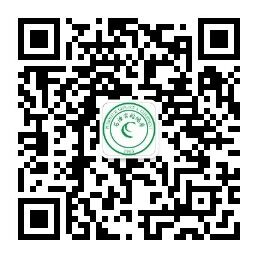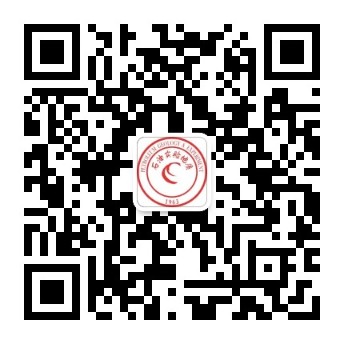Petroleum Geology & Experiment is deeply committed to upholding the highest standards of academic ethics in publication. We are devoted to promoting research integrity, safeguarding the rights of both readers and authors, and preserving the high quality of the journal. To this end, every submitted manuscript will undergo a rigorous review and screening process. Any manuscript found to be in violation of academic ethics will be promptly rejected. The actions taken will correspond to the gravity of the misconduct. The procedures for detecting, identifying, and handling academic misconduct are detailed as follows:
1. Procedures for Identifying Academic Misconduct
The journal employs the Academic Misconduct Literature Check (AMLC) System developed by China National Knowledge Infrastructure (CNKI), along with related search engine systems, to screen all manuscripts for academic misconduct. Meanwhile, the editorial office also pays close attention to comments from peer reviewers regarding academic misconduct within the manuscript. Based on the full-text databases of CNKI, the AMLC system checks manuscripts for misconduct such as plagiarism, falsification, tampering, improper authorship, and multiple submissions, at various editorial and review stages. If a manuscript displays high similarity indices, the Editorial Office will invite experts in the relevant fields or Editorial Board Members for a conclusive assessment.
2. Scope of Manuscripts to be Screened
(1) All manuscripts newly submitted to the journal; manuscripts prepared for acceptance, and those already accepted.
(2) Published articles that have been reported for suspected academic misconduct.
3. Criteria for Identifying Academic Misconduct
If a manuscript exhibits a similarity index of over 10% after being checked by the AMLC system, the editorial office will submit both the manuscript and the comparison papers to the review experts or the Editorial Board for further assessment, and then a “Report on Similarities Between the Manuscript and Comparison Papers” will be produced.
Criteria for identifying academic misconduct include:
(1) Manuscripts that duplicate another's work, either substantially or verbatim, without proper attribution.
(2) In the manuscript, the author changes the nature of another's work, and presents it as his or her own original work. Alternatively, without changing the nature of the work, the author manipulates the copyrighted content of the work, changes its form and claims it as his or her own creation.
(3) Citing copyrighted ideas, scenarios, materials, or data without proper acknowledgment or references.
(4) Manuscripts closely mirroring papers already published or accessible online, with only slight alterations and minimal research advancements.
(5) Manuscripts that fabricate or tamper with research findings, survey or experimental data, or literary materials.
(6) Manuscripts concurrently submitted to this journal and other publications.
(7) Manuscripts embroiled in disputes over authorship, order of authors, or author affiliations.
4. Handling of Manuscripts Involving Academic Misconduct
(1) Manuscripts identified as involving academic misconduct will be treated with care. Authors will be promptly notified, and they will be allowed to provide explanations and defenses before the final decision is made.
(2) If the manuscript has not been accepted, the review process will be immediately terminated, and the manuscript will be rejected with critical feedback for the authors.
(3) If the manuscript has been accepted but not yet formally published, its acceptance will be revoked. The authors will receive warnings, and the editorial office will record the situation.
(4) If the article is formally published, a public announcement of the retraction will be published in both the print journal and the journal's website. The article will be removed from our cooperating databases to prevent its further dissemination. The author's affiliation will be notified of the relevant situation. The authors will be required to refund the remuneration provided by the journal, issue a public apology in the journal, and take responsibility for the infringement. If other damages are caused to the journal or its reputation, the editorial office reserves the right to pursue further compensation from the author.
(5) If the manuscript is found to involve severe plagiarism, multiple submissions, or duplicate publications, submissions form the first author and corresponding author will not be accepted for the next three years.
5. Handling of Authors' Appeals
If authors disagree with the determination and handling of academic misconduct concerning their manuscripts, they may submit a written request for re-evaluation within 10 working days upon receiving the notice from the editorial office. Requests made after this period will not be entertained by the journal. The editorial office will invite experts to re-evaluate the manuscript, reach a final decision, and notify the author of the review results within 30 working days.
The aforementioned policies will take effect from the date of publication. The Editorial Office of Petroleum Geology & Experiment reserves the right to interpret them.







 苏公网安备32021102000780号
苏公网安备32021102000780号